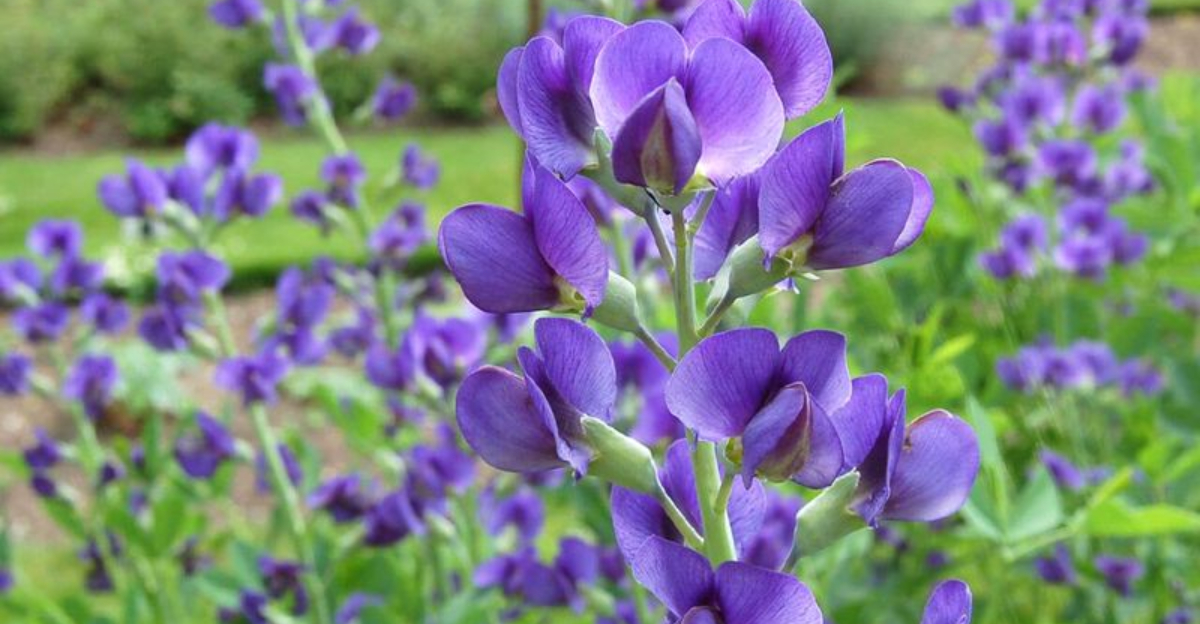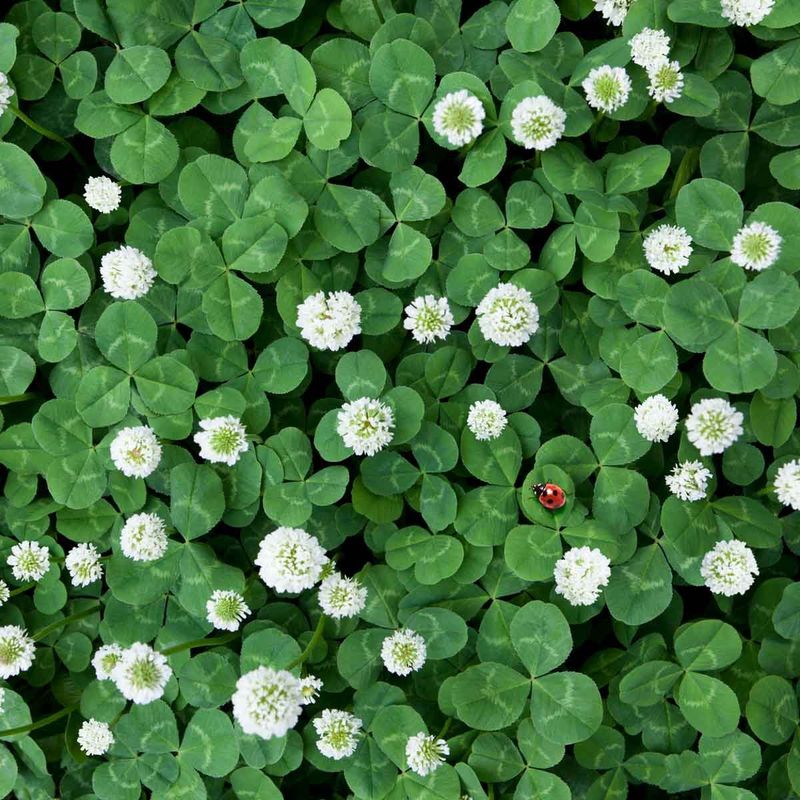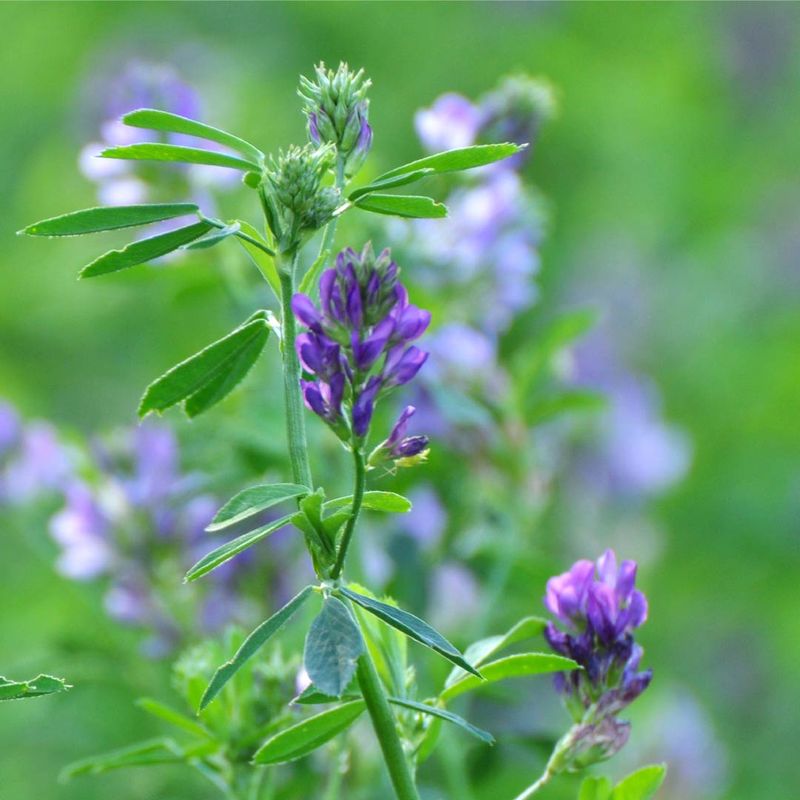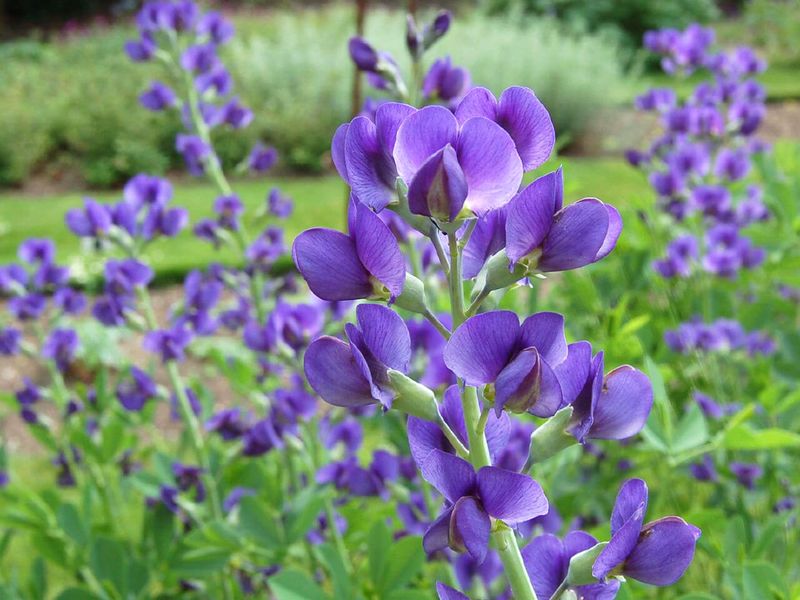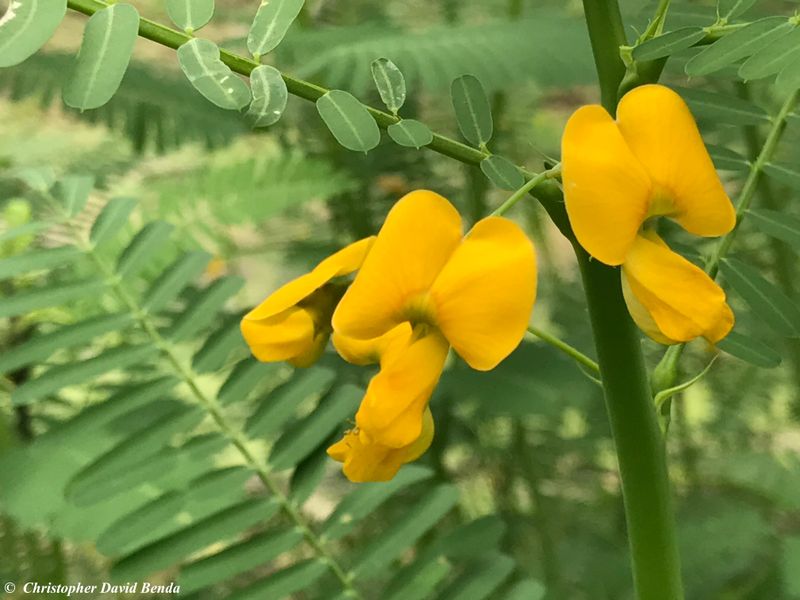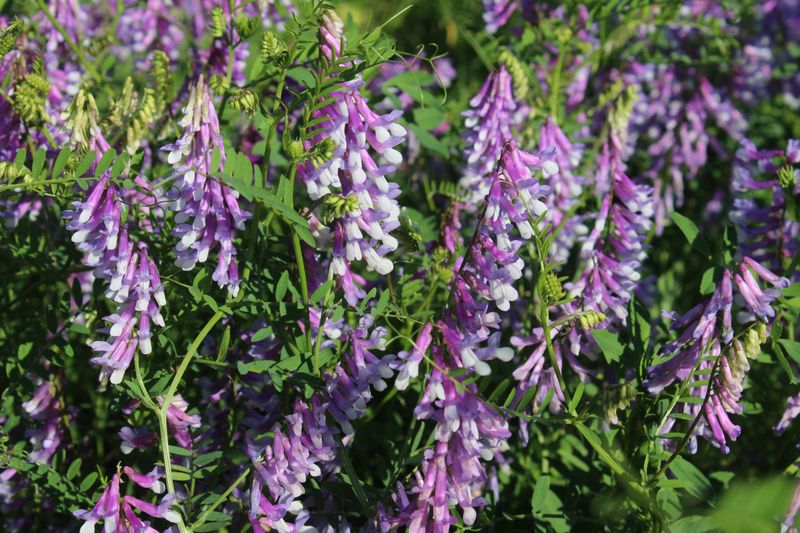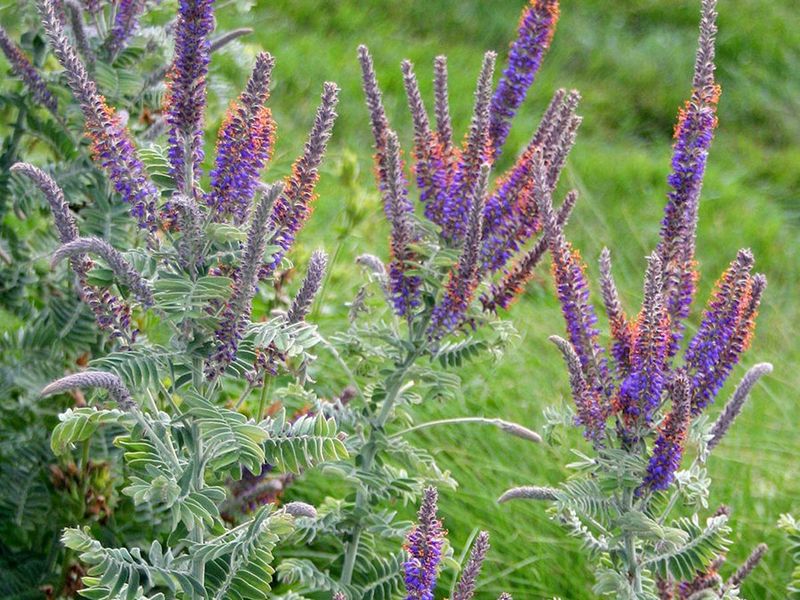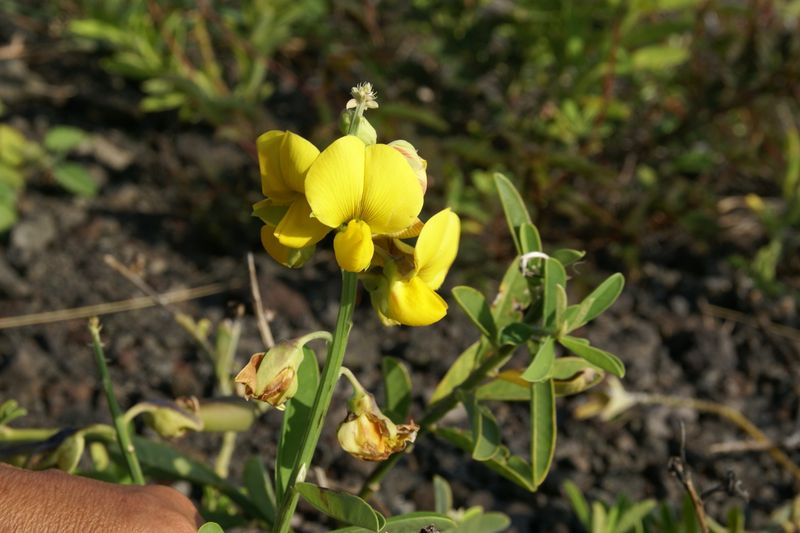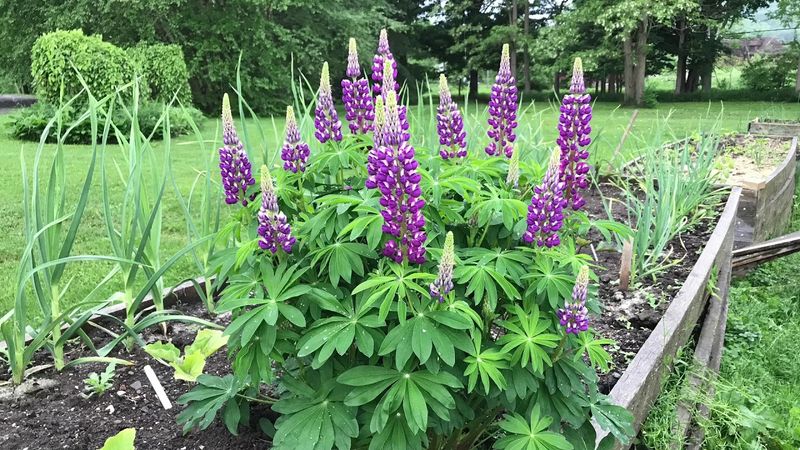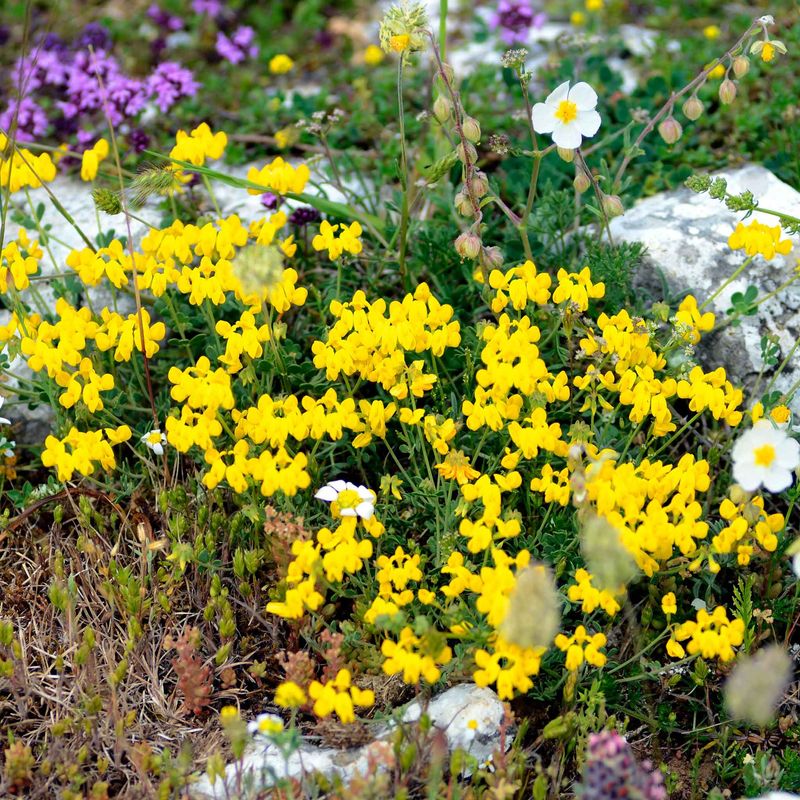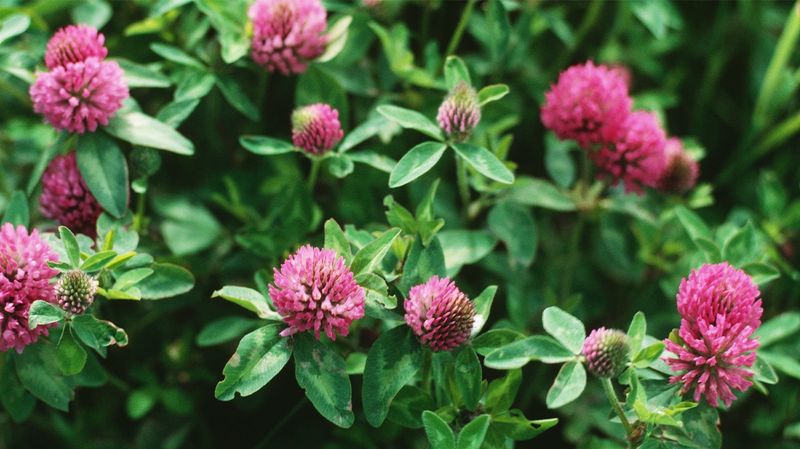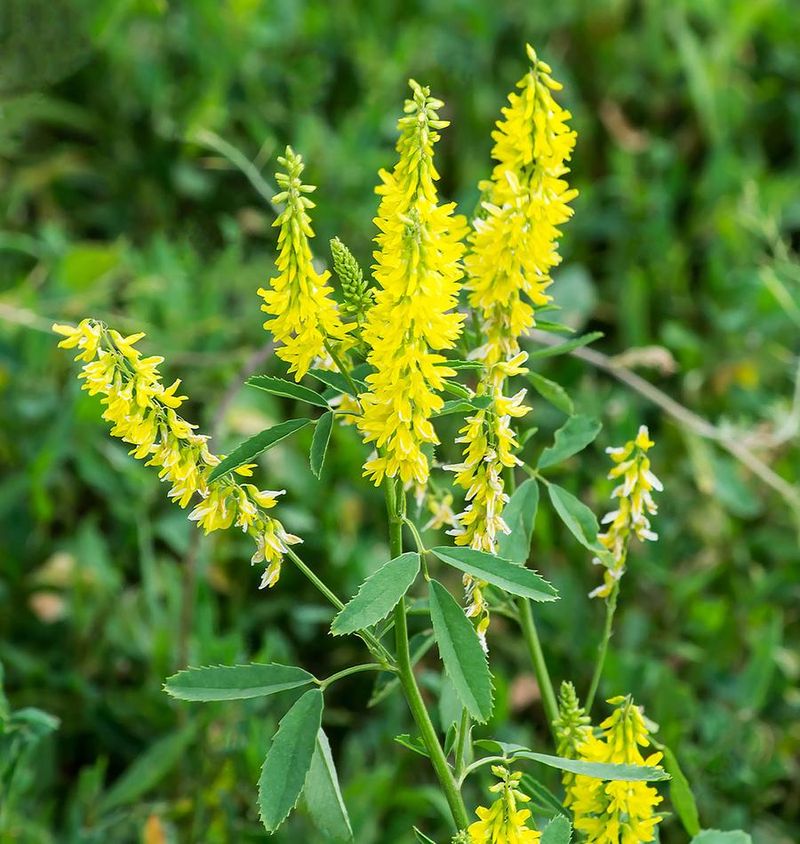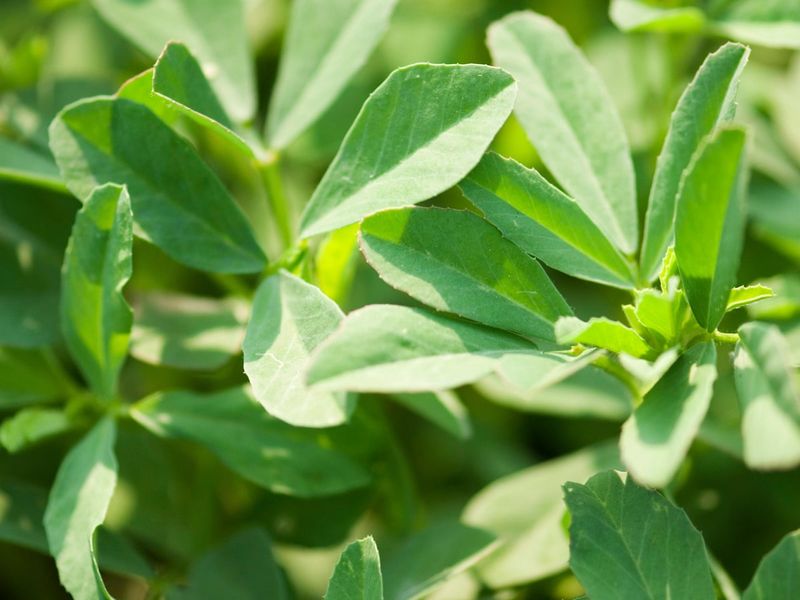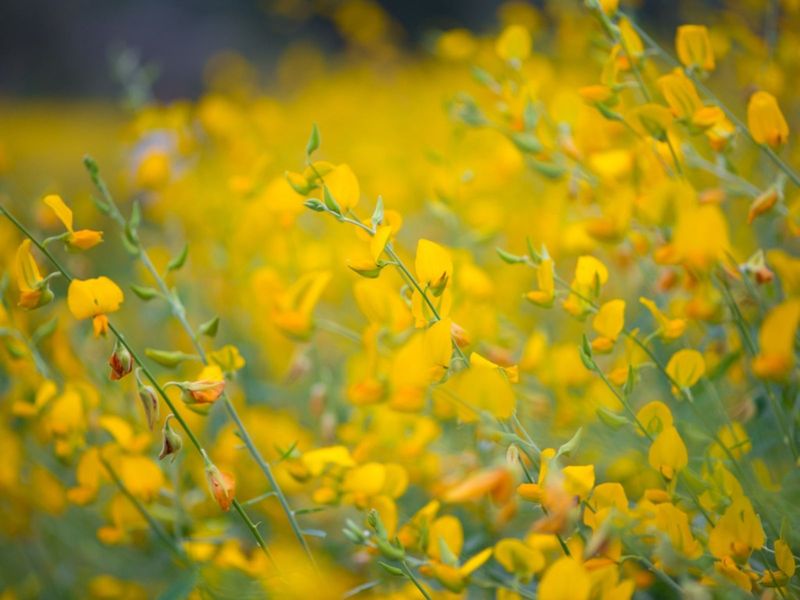In the world of gardening, soil health is paramount. One of the key nutrients for robust vegetable growth is nitrogen. Fortunately, several plants can naturally enhance the nitrogen content in the soil, promoting healthier and more abundant yields.
Here, we explore 13 exceptional plants that not only coexist with vegetables but also enrich the soil with this vital nutrient. Integrating these plants into your garden can lead to an enriching experience both for the soil and your senses.
1. Clover
Clover is a wonder plant for boosting soil nitrogen. Its roots host nitrogen-fixing bacteria, making it a powerful ally in the garden.
Clover is easy to grow and can thrive in various climates, making it accessible for many gardeners. Its small, charming blossoms add beauty to any vegetable patch.
Not only does clover enrich the soil, but it also attracts beneficial insects like bees and butterflies, enhancing the garden’s ecosystem. Consider sowing clover seeds between your vegetable rows for a natural nitrogen boost.
2. Alfalfa
Alfalfa is a legume that excels at fixing nitrogen in the soil. Its deep root system not only improves soil structure but also brings nutrients from the subsoil.
This plant is incredibly versatile, growing well in most climates and providing a dense cover that suppresses weeds. It’s a smart choice for organic gardeners.
By planting alfalfa with your vegetables, you’re ensuring that your soil remains fertile and productive. The lush greenery of alfalfa also makes it visually appealing in any garden setting.
3. False Indigo
False Indigo, known for its striking purple flowers, is not just a feast for the eyes but also a boon for your garden soil. This plant belongs to the legume family and is adept at fixing nitrogen, making it a great companion for vegetables.
Plant False Indigo along the borders of your vegetable garden. It thrives in sunny areas and well-drained soil. In return for its vibrant display, it enriches the soil, reducing the need for chemical fertilizers.
Regular pruning helps maintain its shape and encourages more blooms, further benefiting the nitrogen levels in the soil. Enjoy its beauty while it silently boosts your garden’s health.
4. Sesbania
Sesbania is a versatile plant that offers both beauty and practicality in your garden. With its sunny yellow flowers, it stands out while enhancing soil fertility. This plant is particularly effective in fixing nitrogen, benefiting nearby vegetables.
It’s ideal for wet areas where other nitrogen-fixing plants might struggle. Sesbania can also act as a green manure, being plowed back into the soil to add organic matter and nutrients.
Easy to grow, it requires minimal maintenance. Just ensure it receives adequate water, and it will thrive, turning your garden into a more sustainable ecosystem.
5. Vetch
Vetch is a cover crop that offers substantial benefits for soil nitrogen levels. It grows quickly and produces beautiful purple flowers.
Known for its nitrogen-fixing capabilities, vetch is often used in crop rotation to rejuvenate tired soils. It’s hardy and can tolerate various soil conditions.
Incorporating vetch as a cover crop can prevent erosion and improve soil fertility. This plant not only supports your vegetables but also enhances the garden’s aesthetic with its vibrant blooms.
6. Leadplant
Leadplant, though modest in size, is a powerhouse for soil improvement. It features silver-gray foliage and small purple flowers, making it an attractive yet functional addition to the garden.
As a nitrogen-fixer, Leadplant is well-suited for dry, open areas where it can provide benefits without competing for resources. It’s particularly good for restoring depleted soils, making it a valuable companion to vegetables.
Its deep roots help stabilize soil, preventing erosion and improving its overall structure. This hearty shrub requires little maintenance, allowing you to focus more on your vegetable plants.
7. Crotalaria
Crotalaria, commonly known as rattlepod, is a vibrant addition to any garden, boasting striking yellow flowers. Beyond its beauty, it’s a champion at nitrogen fixation, greatly enhancing soil quality.
Perfect for use in rotation with vegetable crops, Crotalaria helps replenish soil nutrients, promoting better yields in subsequent plantings. It can also be used as a cover crop to prevent soil erosion.
To maximize its benefits, plant Crotalaria in a sunny location with well-drained soil. Its robust growth and nitrogen-enhancing capabilities ensure your garden remains fertile and productive.
8. Lupins
Lupins are spectacular plants known for their nitrogen-fixing abilities. Their tall, colorful flower spikes make them a garden favorite.
These plants are hardy and can thrive in poor soils, making them perfect for improving challenging areas. Their vibrant flowers attract pollinators, enhancing biodiversity.
By planting lupins, you not only enrich your soil but also beautify your garden. These plants provide a stunning visual display and support the ecosystem, making them a valuable addition to any vegetable plot.
9. Birdsfoot Trefoil
Birdsfoot trefoil is a low-growing plant that excels at fixing nitrogen. Its bright yellow flowers are a cheerful addition to any garden.
This plant thrives in a variety of soil conditions and can withstand drought, making it a resilient choice for gardeners. It provides excellent ground cover, suppressing weeds naturally.
By incorporating birdsfoot trefoil, you enhance soil fertility and add a splash of color to your garden. It’s an excellent plant for sustainable gardening, offering beauty and functionality.
10. Red Clover
Red clover is a classic choice for enriching soil with nitrogen. Its vibrant pink-red flowers add beauty and attract pollinators.
This plant is easy to grow and flourishes in a range of soil types, making it versatile and accessible. It’s excellent for crop rotation, improving soil fertility naturally.
By planting red clover, you support soil health and biodiversity. Its presence enhances the visual appeal of your garden while providing essential nutrients to your vegetables.
11. Sweet Clover
Sweet clover is known for its nitrogen-fixing capabilities and its sweet aroma. Its tall stature and white flowers create a lovely visual effect.
This plant is resilient and can grow in poor soil conditions, making it ideal for soil improvement. It’s often used in crop rotation to enrich soil naturally.
Incorporate sweet clover into your garden for better soil health and a pleasant fragrance. It’s a wonderful plant for those looking to enhance both the utility and beauty of their vegetable plots.
12. Fenugreek
Fenugreek is a lesser-known plant with impressive nitrogen-fixing abilities. Its small, white flowers and distinctive aroma make it a unique addition.
This plant grows well in various climates and can be integrated into vegetable gardens to improve soil health. It’s easy to manage and provides ground cover.
By incorporating fenugreek, you enhance soil fertility and add a touch of diversity to your garden. It’s an excellent choice for those looking to explore new plants while maintaining a productive vegetable patch.
13. Sunn Hemp
Sunn hemp is a fast-growing legume known for its ability to fix nitrogen. Its tall stature and bright yellow flowers make it a striking garden plant.
This plant is often used as a green manure, enriching the soil and improving its structure. It’s perfect for warm climates and grows rapidly.
By planting sunn hemp, you boost soil fertility and add a vibrant touch to your garden. It’s a practical choice for gardeners seeking to enhance both soil health and garden aesthetics.
